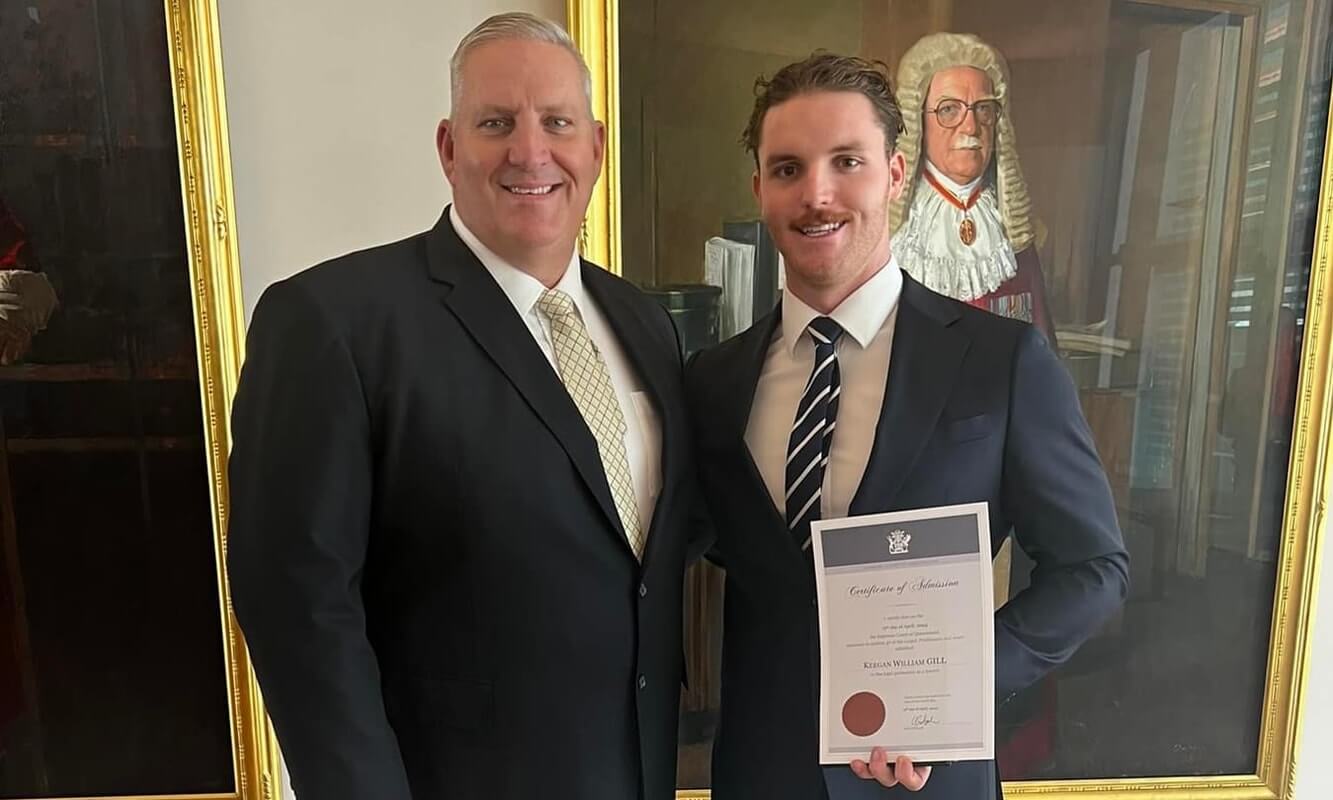A Canadian court has ordered that a lawyer pay the costs involved in her opponents searching for cases that had been invented by ChatGPT.
The lawyer was representing the father in a parenting matter which the court noted had been described as high conflict. She inserted into an application two non-existent cases supplied by ChatGPT.
The cases were identified as fake, and withdrawn, before the hearing of the application – but not before the opposing lawyers had engaged a legal researcher to locate the cases.
The substantive application was determined in favour of the mother, who then sought costs, including special costs against the father’s lawyer, due to the inclusion of the fake cases.
The court gave the issues a thorough ventilation, and ultimately found no intent to deceive on the part of the fathers’ lawyer, and noted that the mother’s counsel was forced to concede that he was not asserting dishonesty.
The court found that in fact a mistake was made, albeit a serious one, which could have been avoided by reading the guidance on the use of AI issued by the relevant law society (the Law Society of British Columbia).
The court did not award special costs against the lawyer involved, but did order that she cover the extra expense her opponents were put to due to the insertion of the fake cases.
While caution must be taken in applying cases from foreign jurisdictions, it is hard to see how any Australian court would not also consider ordering costs against a lawyer personally, in circumstances where they had relied on unchecked sources unearthed by any form of artificial intelligence.
That ChatGPT and similar tools occasionally ‘hallucinate’ (that is, lie) should be news to no-one by this point.
The case serves as a warning that AI is not perfect and that lawyers are expected to check material they put before a court (or client) very thoroughly, especially if AI-based tools have been used.
Indeed, the final paragraph of this decision is worth keeping in mind when using ChatGPT and its cousins:
[46] As this case has unfortunately made clear, generative AI is still no substitute for the professional expertise that the justice system requires of lawyers. Competence in the selection and use of any technology tools, including those powered by AI, is critical. The integrity of the justice system requires no less.














Share this article